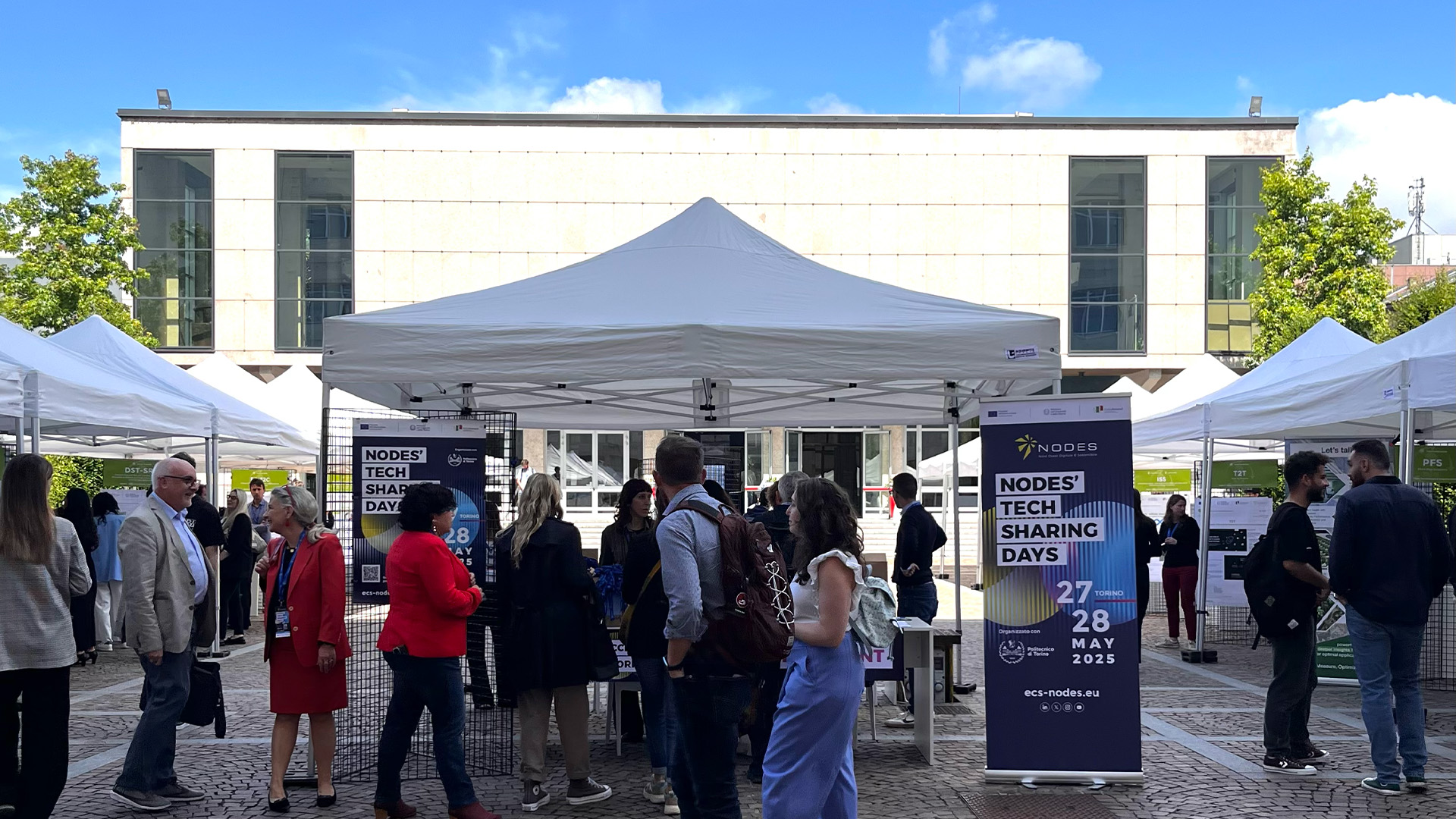There is no doubt that it is difficult to transfer inventions developed in academic settings to the marketplace. In many cases, the process of transferring a technology to the market is stalled when it is at a development stage that is no longer suitable for receiving public funding, but is not yet suitable for attracting the attention of the private sector either.
Since 2016, Politecnico di Torino has been one of the first universities in Italy to implement Proof of Concept (PoC) projects to fill this funding gap. PoC programs are applied research funding programs aimed at bringing technologies from the initial development stage to a sufficiently developed stage aimed at allowing the private sector to recognize their commercial potential, whether through the application of these technologies in an industrial setting or the establishment of new entrepreneurial ventures.
To meet the different needs that these two commercialization paths present, over the years, two different types of Proof of Concept programs have been implemented:
Stage I PoCs
Programs created to fund the first development stages of a technology, are usually distributed in the form of grants. They may comprise specific education paths for the direction of technology transfer you wish to undertake (license vs. entrepreneurial path). The involvement of market actors in the PoC project is considered a plus to receiving the funding granted by the PoC. Stage I PoCs are currently available from Fondazione Compagnia di Sanpaolo and from the NODES ecosystem (within the PNRR action plan).
Phase II PoC
Usually provided by investment funds exclusively to support the development of new business activities. They provide for the possible establishment of a start-up at the end of the project (in which the investor will participate in exchange for the financing), as well as binding the IP involved.





